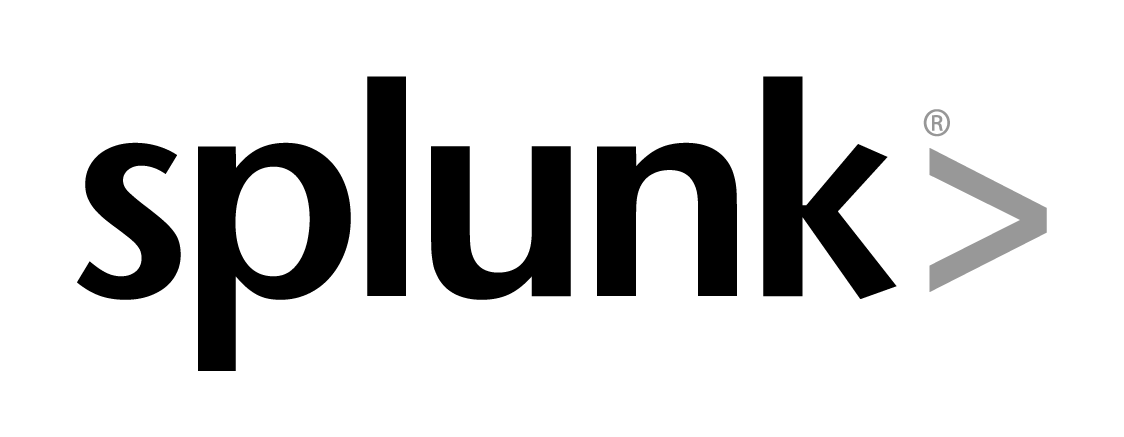Splunk: Crawling through the Digital Muck with Okta
Splunk: derived from ‘spelunking’, the hobby or practice of exploring caves.

Splunk envisions an IT world where big data makes sense and does not require any headlamps or helmets to crawl through the digital muck. In this world, data is both valuable and usable and can offer key insights for critical areas of a business, such as application management, security and compliance. In order to make this vision a reality, Splunk needed its own customized identity management solution – Okta.
Given the company’s enthusiasm for simplifying, securing and making easier access for intelligent data, we were thrilled to sit down with Douglas Harr, Splunk’s CIO, to find out more about their own IT adventure. To hear our full interview with Douglas, watch Splunk’s customer testimonial video below or on our customer testimonial website.
How did you design your IT systems as you expanded in the cloud?
We intended to build out our applications’ functionality through a suite of cloud offerings, so that was a cornerstone for our way of sourcing application capabilities. A part of that has become embracing of a “best-of-breed” approach because we haven’t found one cloud suite that satisfies HR, financial, CRM and all the different functionality we needed to perform those jobs.
We went to market to look for a solution that could treat this grab bag of applications as one complete package. We wanted our users to have a single sign-on experience, but also wanted to create a stronger authentication experience, which would let our IT department know that even if a ‘Splunker’ came into our systems from outside the office or on another device, they’d still have the same access point and user experience. I’d know who they are and, if they’re off our network, they’d have a second opportunity to prove who they are.
Why did you choose Okta?
We looked at some of the other players on the market, but there were three top features that jumped out to us about Okta:
The first was around Okta’s multi-factor authentication (MFA). With Okta, we’re able to either use Okta Verify on iPhones or SMS functionality. Not only do they provide strong functionality, but they also offer to multiple options to fix your goals and environment.
The second was the number of cloud providers that Okta was already engaged with in terms of being able to link those cloud providers into the one sign-on portal. The company had a long list of providers that were possible for us to engage with, which was something other vendors didn’t offer.
The third was around the SSO functionality itself. With Okta, we have the ability to offer more than two dozen best-of-breed cloud applications to every employee and to use one sign-on for users to get access to all this business functionality.
So you went with Okta. How did it go?
The implementation was one of the most successful we’ve seen. I’ve done this type of project with other companies that have taken much longer than expected and cost more, too. With Okta, we finished within a quarter, on time and on budget – it was one of the most successful rollouts we’ve seen. We’re a security company, and we had people coming up and thanking us for wrapping a second factor of authentication around our services. The people at Splunk knew what it meant that we had put that in place.
Have there been any other benefits that have stood out to you since you began working with Okta?
There isn’t one standard for how cloud providers are establishing user authentication, so Okta goes out and works closely with these cloud partners. If I come across one who doesn’t have SAML functionality, I hook them up with Okta. We have a conversation together to communicate, “I at Splunk want you, [insert provider name], to have this SAML functionality. Here’s someone from Okta who can help coach you on how that get be established so that I can get that tight, single sign-on functionality with you.”
You can also hear more about in our Oktane13 recorded session "Integrating Okta and Splunk: Using Data to Make IT Run Better."